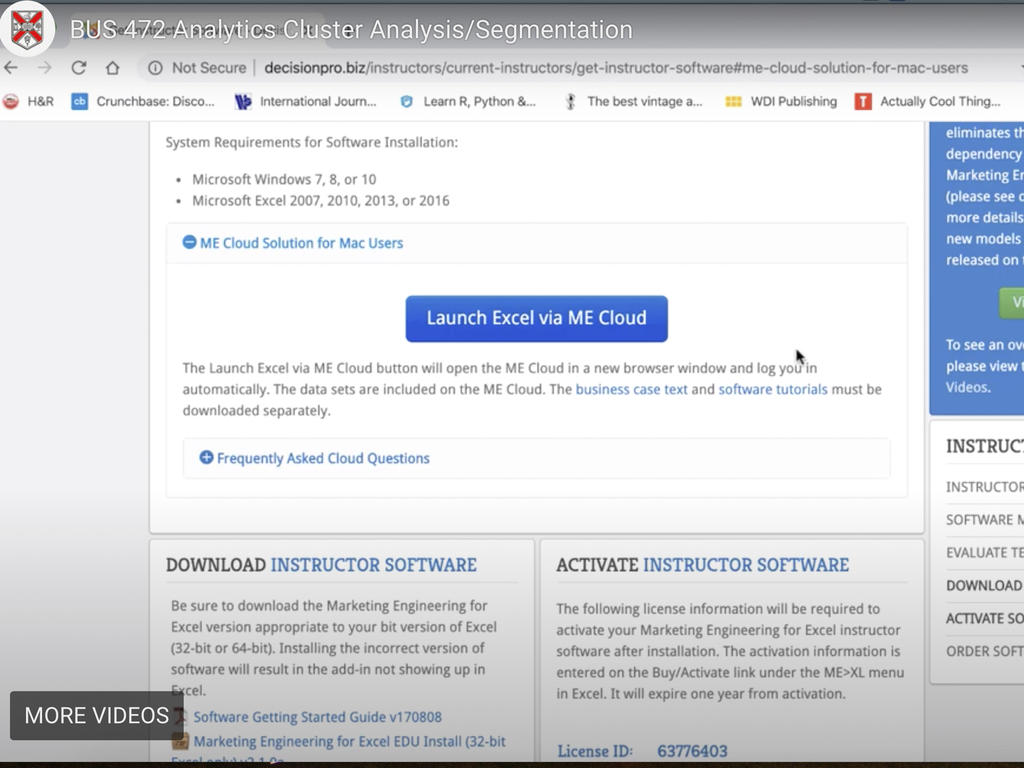In the Business Department, our students learn the importance of improvisation, collaboration, and decision making under less than ideal conditions. Under usual conditions, the classes I teach encourage the co-creation of knowledge both inside and outside of the classroom. When Rhodes College transitioned to remote learning, resources that we always had taken for granted—a classroom, projector, whiteboard, computers with necessary software, office space, opportunities to meet with students, and opportunities for students to meet with each other—became unavailable. For the first time in a long time, I had to rethink and relearn how to teach my classes, engage with my students, and stimulate interest in the subject.
As in many of the cases we study in class, we suddenly had the opportunity to innovate. As a result of this process of efficiently adapting to these changing circumstances, I realize, now more than ever, that while the quality of the amenities matter, the closeness of our community and the strength of our relationships matter more. When the classrooms, whiteboards, projectors and offices went away, my adaptable and resilient students rose to meet the challenge.
In our senior seminar, we have been working through case studies of firms that have had to change their business models in response to external pressures. We develop frameworks of factors that allow firms to be nimble and to effectively adapt. While our case studies address traditional macro- and microeconomic forces, they provide a general framework to help think about how firms and institutions can respond to changes from the external environment through the efficient use of resources. Particularly in the current crisis, these are frameworks that my students can relate to, and they can see how the material we learn in class is immediately applicable outside of the classroom. Much like many business professionals at this time, who are able to work remotely, our students are learning to use new technologies and are developing new processes in order to adapt to new external pressures. They are problem solving in real time. Despite being dispersed across the country and the world, our students continue to diligently participate in class, meet with their teams, and deliver the same high-quality work that they produced while on campus.
In transitioning to remote classes, we have been presented with imperfect conditions. As a community, we have been tested, and we have improvised and adapted. As we learn from our case studies, adaptation is only possible when everyone is committed to the co-creation of knowledge and our shared goals. Fortunately, Rhodes students are committed to the process of learning and growing. While I look forward to the time when we can all meet in person, I have been impressed that we have been able to maintain our connections and our relationships, even if mediated through monitors and speakers, during this time of “business un-usual.”

Dr. Sujan Dan joined the Department of Business in 2013 as an Assistant Professor of Marketing. His research interests lie in the broad domain of marketing strategy.
